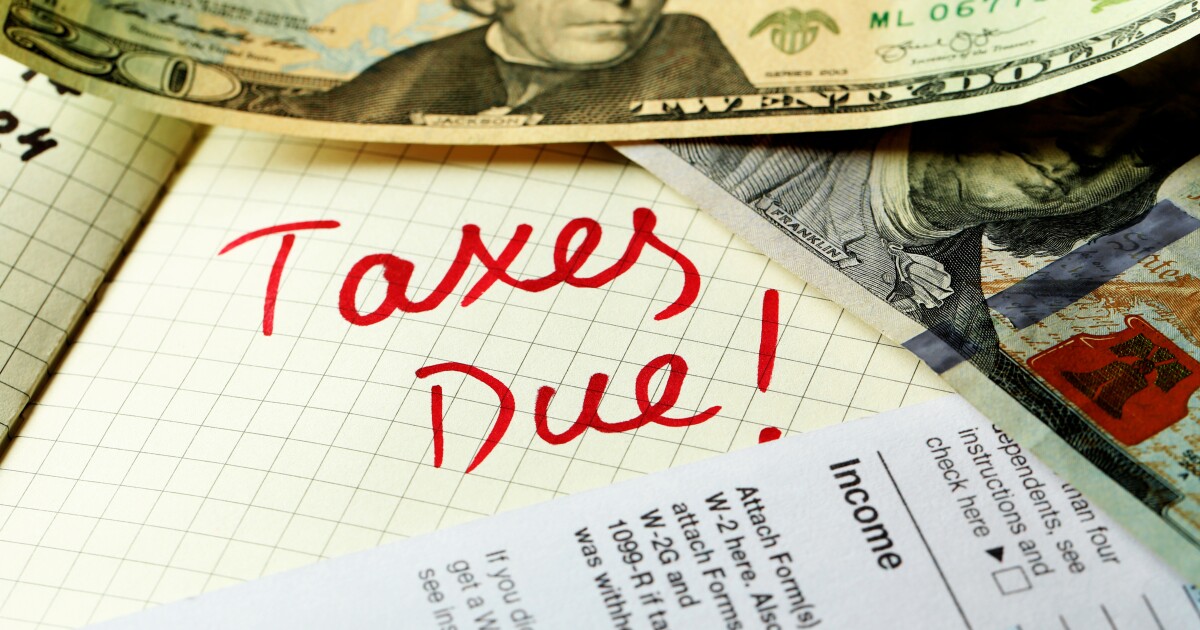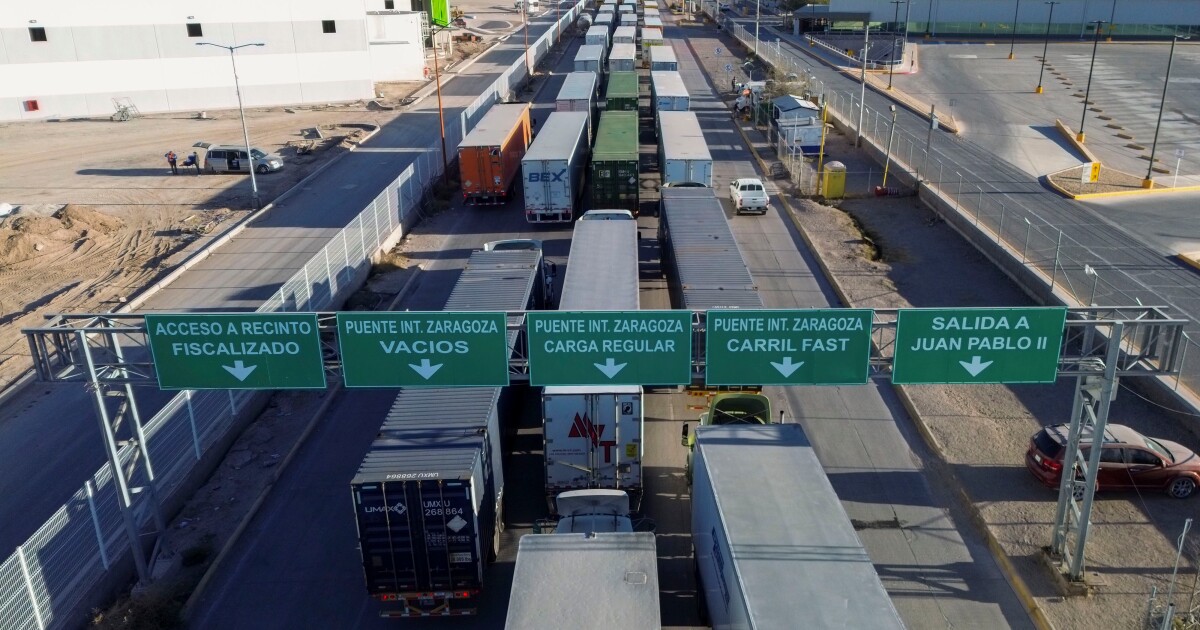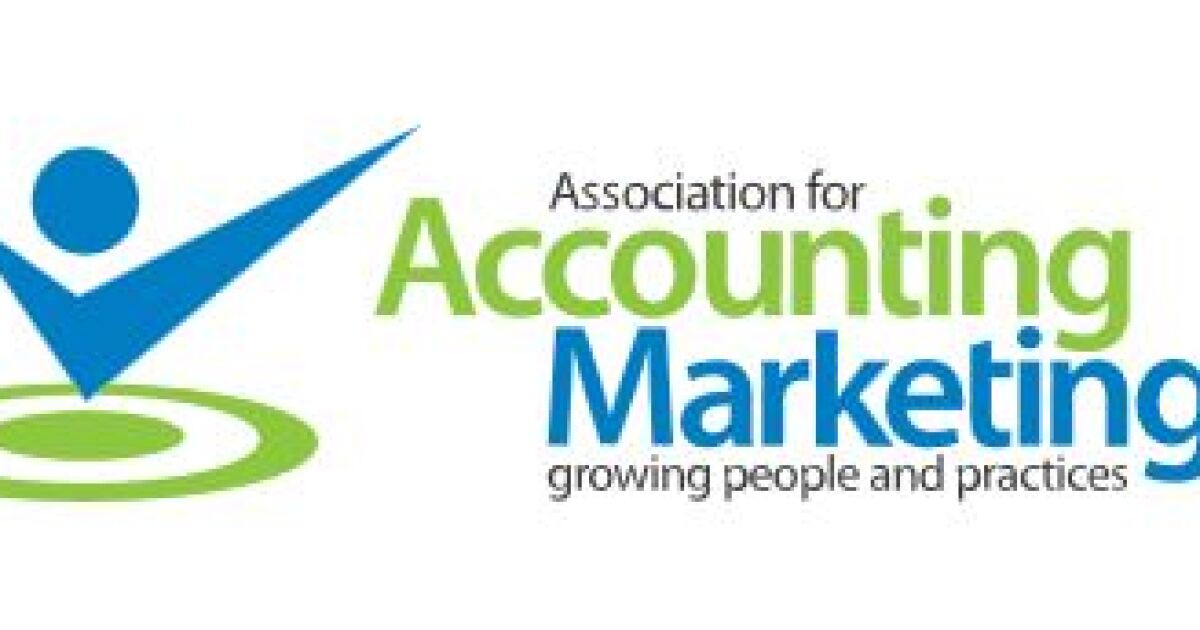The tax reconciliation bill making its way through Congress is expected to add trillions of dollars to the national debt, but the Trump administration hopes to offset the cost through income from tariffs. Accountants are helping worried companies deal with the possible fallout.
“Obviously, tariffs create a lot of uncertainty,” said Tom Alongi, a partner and U.S. national manufacturing practice leader at UHY, a Top 50 Firm based in Farmington Hills, Michigan. “But with uncertainty for U.S. manufacturers, it creates a lot of opportunity. And for those that are contract manufacturers that use a lot of offshoring, it creates a tremendous amount of angst, especially among the auto industry that really over the last three decades has turned into a global supply chain as we’ve been in a race to the bottom to reduce costs.”
UHY has been helping CFOs deal with the changing tariff policies coming out of the White House. “A lot of companies don’t even realize how deep some of their supply chain and where some of their raw material and purchased components ultimately originate,” said Alongi.
That involves quantifying the impact, understanding the origin of components and raw materials, and where that fits in the Harmonized System that’s administered by the International Trade Administration, making sure everything is classified correctly.
The Trump administration hopes to convince more companies to relocate their manufacturing operations to the U.S. But companies are also looking at changing their sourcing to other countries if they’ve been relying too heavily on Chinese-made supplies amid the ever-changing tariff pronouncements.
“That uncertainty does create challenges within our clients of allocation of capital,” said Alongi. “Do I make big bets to transition if I have a huge amount of risk that is isolated in a certain country? What do we potentially do to mitigate that risk?”
Auto manufacturers need to look at the proposed changes to tax credits in the tax bill, including reductions in electric vehicle tax credits and other tax incentives for renewable energy.
“I always knew that it is a great alternative source that fits certain consumers, but I never believed that it was going to take over the world,” said Alongi, who has been driving an EV for over seven years. “The tax credits create a behavior, and they incentivize people to drive electric.”
The shortcomings in the national infrastructure for charging EV batteries disincentivize broader takeup, and the disappearance of the tax credits would make the vehicles even less affordable.
CBIZ, a Top 10 Firm based in Cleveland, launched an Integrated Tariff Solutions program earlier this month for its clients nationwide, offering support across finance, operations, supply chain strategy, tax and compliance.
“Like so many other middle-market companies, certainly the larger companies, in this environment, there’s more demand for advice on mitigating exposure,” said Mark Baran, managing director of CBIZ’s National Tax Office. “Tariffs have been relatively low for a long time, and now the supply chain, pricing, vendor relationships and locations of where goods are manufactured need a fresh look.”
Different industries are looking for help, including manufacturing, construction and import. “They’re really looking at how to mitigate these costs, which don’t appear to be slowing down,” said Baran. “It could be temporary, but it’s not right now. So we have developed a number of different avenues to assist our clients, whether it’s evaluating inventory and how to properly account for inventory, whether it’s seeking to help them find locations in the U.S. if they want to bring their manufacturing back to the U.S. and do that in a tax efficient manner. We’re looking at intercompany transactions and layering transfer pricing concepts onto customs, seeing if we could help with savings in that regard. Depending upon what a client does and their structure, there’s probably a number of ways you can tackle tariffs and get ahead of it. “
Customs valuations are important. “It’s really ensuring that you have an accurate customs valuation, and oftentimes that wasn’t looked at accurately, and there are savings that can result from that,” said Baran. “These are considered an intercompany framework, oftentimes on the businesses that are most impacted by this. Looking at that structure is another way of doing this, not just not just transfer pricing, but location-based analysis. It’s taking what has been decades of international tax knowledge and layering on customs, and that’s providing a framework that’s been tested and works and is valuable.”
Baran has also been keeping a close eye on developments with the overall tax legislation. House Republicans have come under pressure from President Trump to finalize the bill this week, but that won’t be the end of the story. “What’s waiting for them at the Senate tells me that this bill may not look the same because there’s already opposition from the Senate, and the Senate has a lot of rules that they need to follow,” said Baran. “The Senate has concerns, and the Senate instructions in the budget reconciliation concurrent resolution are very different than the House, so you may have a House and a Senate that’s producing two completely different bills. While it’s nice to report and discuss all of the changes that are coming out of the House, I think people should just keep in mind that the Senate is next, and do not assume that they will follow suit. So the ultimate bill that’s eventually produced is going to look a lot different than it does now.”


 Economics1 week ago
Economics1 week ago
 Economics1 week ago
Economics1 week ago
 Personal Finance1 week ago
Personal Finance1 week ago
 Economics1 week ago
Economics1 week ago
 Economics6 days ago
Economics6 days ago
 Personal Finance1 week ago
Personal Finance1 week ago
 Personal Finance1 week ago
Personal Finance1 week ago
 Economics1 week ago
Economics1 week ago












